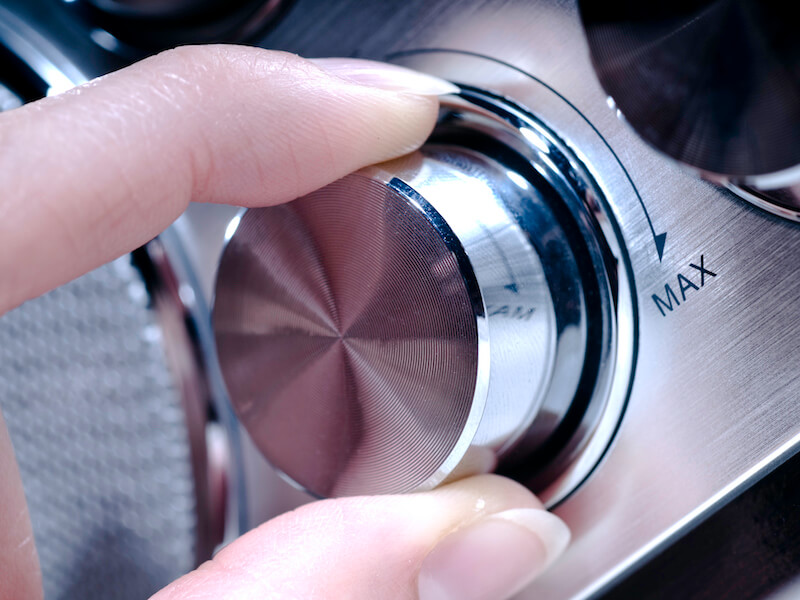
Knowing when you require some medical advice is normally fairly easy. When you break a bone, for example, you know you should go to the doctor (or the emergency room, depending on the scenario). With situations like this, simply “toughing it out” isn’t an option. If you want your bones to mend properly, you need to get them taken care of as soon as possible.
It isn’t always that clear cut in terms of hearing aids, however. Hearing loss normally advances very slowly over time. This means it isn’t always easy to know when you might need to start wearing hearing aids or to delay finding treatment you know could be helpful.
That’s why it’s a good plan to keep an eye out for some distinct indicators that you may be losing your ability to communicate. It’s likely time to call us for a consultation if you do detect any.
Hearing loss and hearing aids
Hearing loss is mainly treated with hearing aids. But everybody who has some level of hearing loss won’t automatically need hearing aids. In cases where patients have very mild hearing loss, hearing aids won’t always be practical. We may want you to hold off on using hearing aids because of this. It’s also possible that we could instruct you to only wear your hearing aids when you’re in certain situations.
This means that just because you are diagnosed with hearing loss doesn’t mean you will automatically need hearing aids.
However, hearing aids will be the best option in many situations. Many individuals won’t have their hearing loss diagnosed until it becomes more serious because hearing loss develops slowly and often goes undetected for a while. Getting your hearing assessed regularly is the key to catching hearing loss early and possibly mitigating the need for hearing aids.
And if that’s the situation, you’re probably thinking: how can I tell if I require hearing aids?
Indications you need a hearing aid
Instant communication challenges can be the result of hearing loss. But a lot of times you don’t even realize that hearing loss is the cause of those communication issues. So, at what point will a hearing aid help you?
Watch out for these indicators:
- You have trouble understanding what people are saying: Many people don’t think they have hearing loss or need hearing aids because the total volume they perceive seems fine. But hearing loss is curious, it tends to impact certain frequencies before others. Which means that the vast majority of sounds might seem normal but things in the high frequencies (such as particular vowels) will be distorted. Consequently, you may have a hard time understanding what people are saying to you.
- You have a difficult time hearing conversations in loud places: When people ask, “What are the signs of hearing loss?”, this one is almost always mentioned. If you have trouble hearing conversations in noisy places, that’s usually a sure sign that you have hearing loss. This happens because your ears aren’t receiving as much information as they used to, and your brain isn’t really capable of filling in the gaps very easily. As a result, there’s a lot of muddled conversations.
- You listen to the radio or TV at really loud volumes: If you’re constantly turning the volume up on your television or radio or smartphone, it might be because of hearing loss. If you find individuals around you complaining about the loud volume of your devices, this is particularly true.
- Phone conversations sound muddled: Voices typically sound a bit flat on even high-quality phone speakers. That can make it difficult to understand, particularly if you have hearing loss. It can be extremely challenging to hear voices as an outcome of the loss of these frequencies.
So how should you deal with it?
When you break a bone, it’s obvious what to do: you go see the doctor! But what do you do when you start to notice the symptoms of hearing loss? What level of hearing loss calls for hearing aids? That’s not a very easy answer but you should make an appointment with us for a hearing test if you begin to notice any hearing loss symptoms. We will be able to let you know how severe your hearing loss is.
And if you do end up needing hearing aids, a hearing test will help determine the best device for your hearing needs. This means you’ll be able to get back to spending quality time with your friends and family, you’ll hear your grandkids when they call you on the phone, your co-workers at your morning meeting, and your friends at the pub.
Call us for a hearing test so we can help you improve your quality of life.
